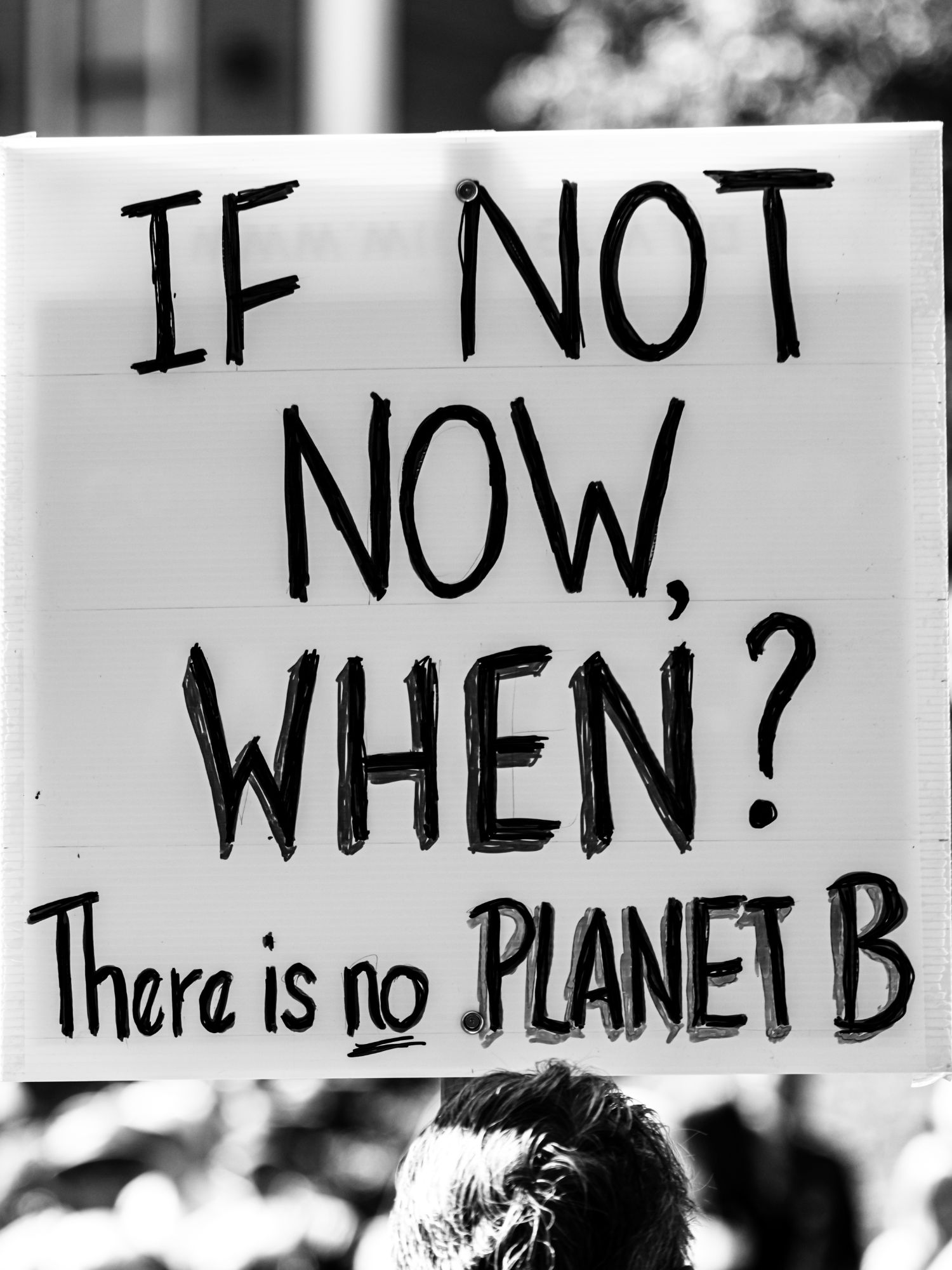Shifts & Trends
IPSOS Global Trends
4 Minutos

2023 Core Trends according to Ipsos
I plan on pulling a subset of the below and, for each, sharing some macro forces affecting them, some key data points we’ve found and some signals from different markets. I will also include a provocation for business leaders to consider for each.
1) Climate Antagonism: Climate change has become a visceral reality, with the largest number of climate-related disasters in recorded history. But there is rampant debate about the responsibility of climate change and how to address it: some consumers are making purchase decisions in light of environmental impact, while others (particularly Gen Z) are putting the responsibility squarely on the shoulders of government, systems and corporations.
2) Conscientious Health: Health is becoming more holistic, taking into account multiple meanings of wellbeing. The inter-connectedness of health with other systems is being examined as well, to begin to address inequities.
3) Authenticity is King: The days when corporations could focus merely on providing good products at good prices and expect the marketplace to respond favourably are fading fast. Increasingly, these aspects are taken as a given and consumers are asking hard questions and expecting strong answers: What issues do you care about? More than caring, what do you actually do about these issues? How do you treat your workforce? What is your ESG policy? How diverse is your workforce and how inclusive are your working practices? Increasingly, it will be the answers to these questions that drives marketplace success.
4) Data Dilemmas: Whether it’s that eerily accurate ad that pops up after you’ve told your spouse that you need a new sofa, or the quick acceptance of the default cookie settings on a website so you can just read that article a colleague sent – we’re all inundated with moments that make us question who has our data and what they’re doing with it. But how much do people really care? And perhaps more importantly, are they willing to do something about it?
5) The Tech Dimension: The rapid amount of technological change and disruption over the past few decades cannot be understated. However, years on, many are asking for a status check on whether the promises made have been kept, and what we need to do collectively to harness the upside potentials and mitigate the downside risks.
6) Peak Globalization: The world remains divided on the benefits of globalisation. Increasing travel, greater cultural exchange and the rise of cheap products enabled by low labour costs and developed international supply chains represent significant benefits to many. The dilution of local culture, perceived lifestyle homogenisation, fanning the flames of consumerism and rising emissions and habitat loss are all among the significant impacts that detractors point to.
Many commentators feel we’ve already reached peak globalisation and already moving to a world where protectionist policies and a greater focus on nationality and local community will create a smaller, less globalised landscape.
7) A Divided World: The pandemic was a (hopefully) once in a lifetime event that could have helped unite the world against a common enemy. Instead, forces worked to drive and expand wedges in many nations about precautions and vaccines. The global Black Lives Matter movement also exacerbated rifts and divisions in a push for equality, a value we mostly share. Nations taking sides in the war in Ukraine, coupled with tensions between the U.S. and China point to a new world disorder with power shifting and new literal and metaphoric battle grounds emerging.
8) Capitalism’s Turning Point: We are seeing a movement away from shareholder value at all costs, to a greater understanding of the human and environmental toll that capitalism takes
9) Reactions to Uncertainty and Inequality: Uncertainty has become the only certainty. People in many markets are facing economic uncertainty as currencies shift in value, inflation expands, supply chains continue to be disrupted, and governments turn over. Financial inequality, already a driver of change, worsened in the pandemic. In every corner of the globe, the struggles to achieve parity based on gender, race, ethnicity and religion dominated headlines. Where can people turn to find some certainty, and how can they hedge their bets in an uncertain climate?
10) The Enduring Appeal of Nostalgia: When the here and now is unrelentingly grim, people are faced with two out strategies: look back to when times were better, happier, and simpler; or try to look ahead to when times will get better. Right now, the second of these routes is made all but impossible by the highly uncertain pathway to the future, beset by profound and potentially existential economic, environmental and geopolitical challenges. No wonder then that people all over the world and of all ages, are finding solace in the past.
11) Search for Simplicity and Meaning: COVID resulted in an enforced shrinking of peoples’ lives. Gone were the daily commute, the hectic social life and the frantic juggling of responsibilities. Just as society seemed set to pick up where it had left off, it is being rocked by the twin forces of a cost of living crisis and an undeniable climate emergency. Many are coming to re-evaluate their lives, their long-term hopes and ambitions and their spending patterns and redefining their life as smaller yet more fulfilling than it was before.
12) Choices over Healthcare: Consumers have more access to providers and specialists regardless of location, and more control over their wellbeing. Medical professionals have been weathering the pandemic and demand fair compensation and treatment.
Key Challenges and Opportunities: I will summarize the findings with 3 key challenges and opportunities for brands and businesses. These are: